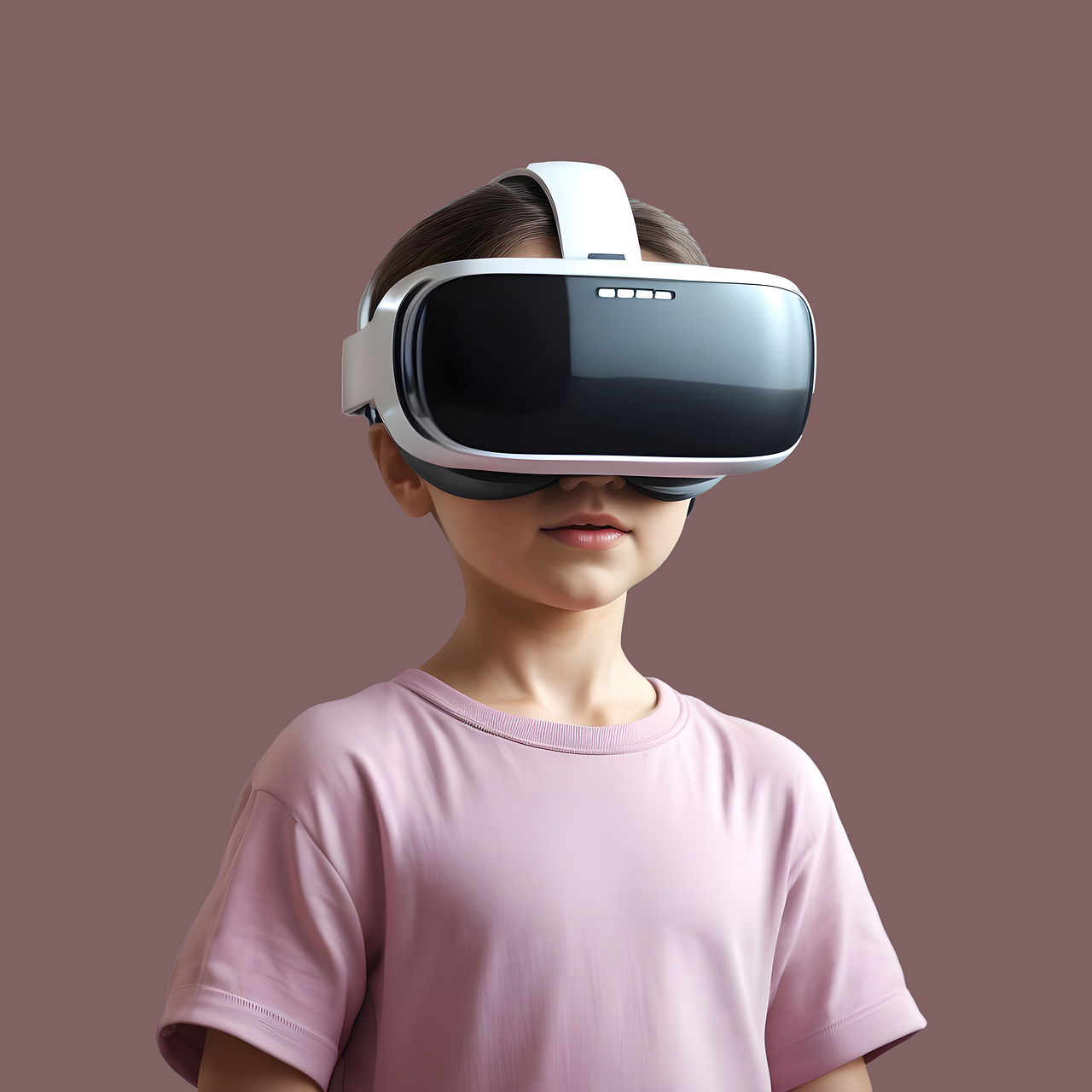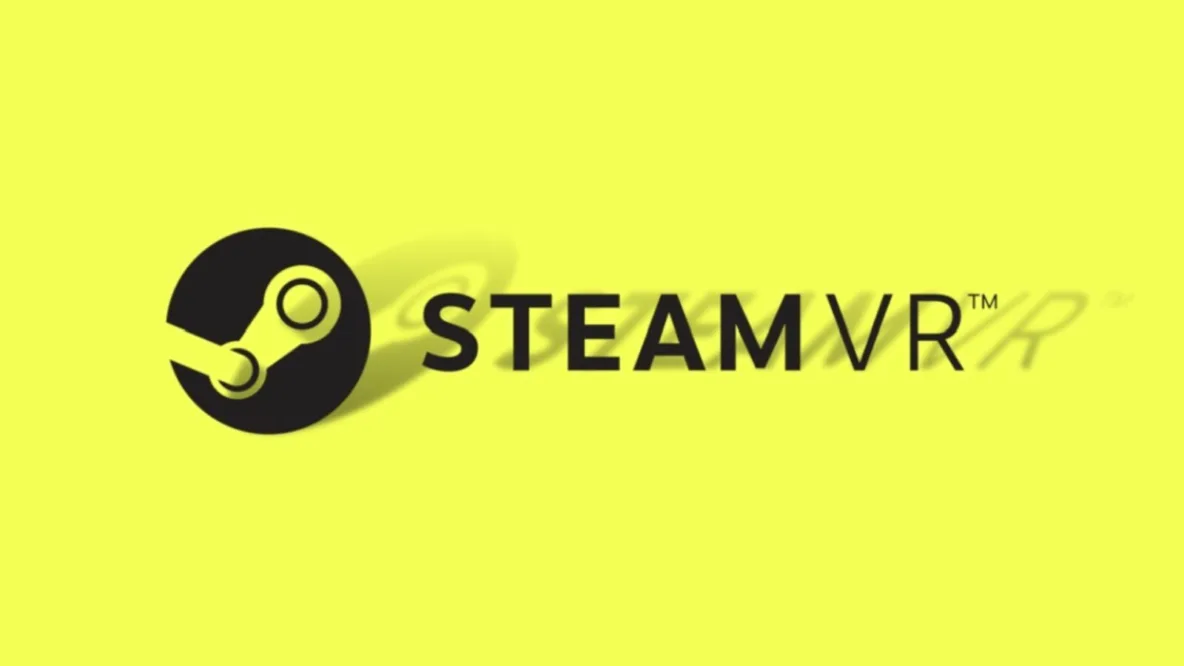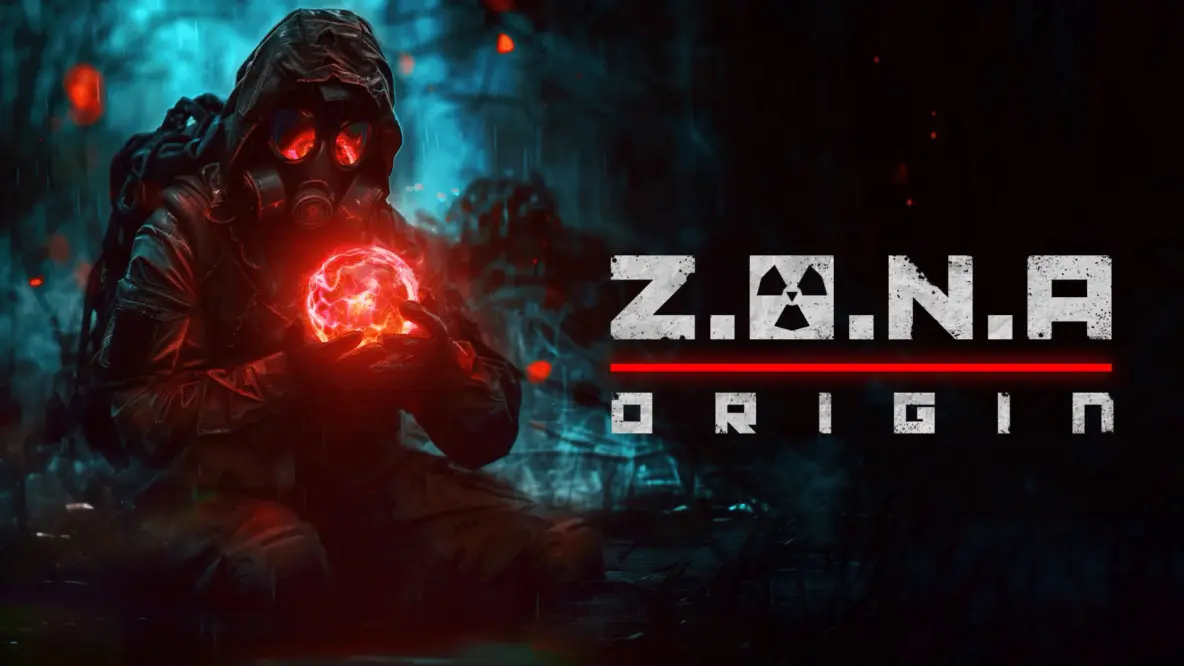A team of scientists from the Polytechnic University of Valencia has developed a system for the early diagnosis of autism spectrum disorders (ASD) using virtual reality (VR) and artificial intelligence (AI). This system has achieved an accuracy rate of over 85%, significantly outperforming traditional diagnostic methods such as psychological tests and interviews.
Children are placed in a virtual environment where they perform various tasks. Cameras record behavior, movements, and gaze direction, and AI analyzes the data obtained. This approach allows for natural reactions, eliminating the influence of the formality of the laboratory environment. Simulating real situations makes the child’s behavior more authentic and informative.
AI Algorithms process everything from motor skills to behavior in given conditions. Artificial intelligence identifies biomarkers that indicate signs of the disorder. The new system allows for standardization of diagnostics, eliminating subjectivity in assessment. This simplifies the process and makes it more accurate and reproducible.
The system replaces traditional tests and interviews, minimizing the likelihood of errors. Scientists hope that the technology will find wide application in medical practice.




